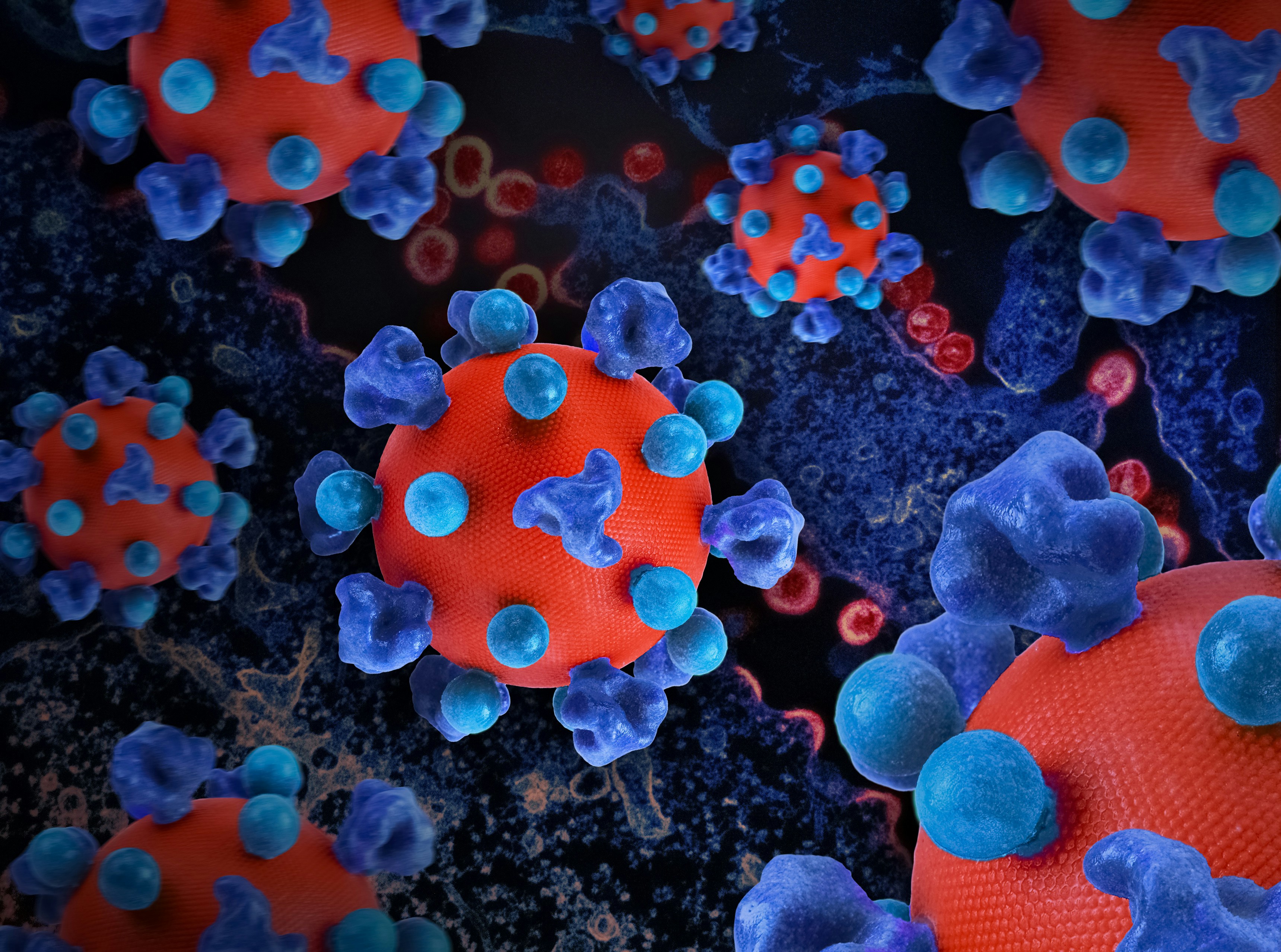Fast, Private & Affordable STD Testing: An Essential Guide for Sexually Active Gay Men

CLIC HERE TO KNOW MORE
The Importance of Regular STD Testing
Regular STD testing is a fundamental aspect of maintaining sexual health, particularly for sexually active gay men. This population is often at a higher risk of contracting sexually transmitted diseases, and early detection can significantly impact both individual and community health. By engaging in frequent testing, individuals can identify infections early, allowing for timely and effective treatment. This proactive approach not only enhances personal well-being but also reduces the risk of transmitting infections to partners, thereby fostering healthier relationships.
The importance of regular testing cannot be overstated; many STDs can remain asymptomatic, especially in their early stages. As a result, individuals may unknowingly spread infections unless they undergo routine screening. Awareness of one’s sexual health status is vital in making informed choices about safety and well-being, and it empowers individuals to take action that can lead to resolution and peace of mind.
Furthermore, the stigma surrounding STD testing often deters individuals from seeking necessary care. This stigma is particularly pronounced in some communities, where the fear of judgment can overshadow the pressing need for regular health checks. It is imperative to address these misconceptions and promote a culture of openness regarding sexual health. Community awareness initiatives can play a crucial role in normalizing the testing process, encouraging participation, and highlighting the communal benefits of regular STD testing.
Incorporating regular STD testing into one’s health routine reflects a commitment to not only personal health but also the health of the broader community. By making testing an essential practice, sexually active gay men contribute to a safer and more informed population, ultimately reducing the prevalence of STDs through awareness, prevention, and treatment.
CLIC HERE TO KNOW MORE
Historical Context: Lessons from the AIDS Pandemic
The AIDS pandemic, which emerged in the early 1980s, had a profound impact on the LGBTQ+ community, particularly among gay men. Initially, the disease was met with confusion and fear, as little was understood about its transmission and consequences. Many individuals within the gay community faced stigma and discrimination, as the portrayal of AIDS in the media often reinforced negative stereotypes. Activism became a crucial response, as organizations like ACT UP (AIDS Coalition to Unleash Power) worked tirelessly to demand accountability from the government and pharmaceutical companies, highlighting the urgent need for research and treatment options.
Throughout the 1980s and 1990s, the landscape of HIV/AIDS treatment evolved significantly. Early treatment options were limited and often had severe side effects, severely impacting the quality of life for many who were diagnosed. However, advancements in medical research eventually led to the development of antiretroviral therapies (ART), which transformed AIDS from a fatal diagnosis into a manageable chronic condition. This significant progress demonstrated the value of scientific research and community advocacy in addressing public health crises.
The lessons learned from the AIDS pandemic continue to shape the current understanding of sexual health and STD testing among gay men. The urgency of proactive health measures, such as regular testing, has become prevalent in the community. Awareness campaigns emphasizing the importance of maintaining sexual health and reducing stigma surrounding testing play a vital role in encouraging individuals to seek necessary care. Ultimately, the historical context of the AIDS crisis underscores the complexities and challenges surrounding sexual health, while highlighting the importance of vigilance, education, and access to affordable testing options in preventing future epidemics.
CLIC HERE TO KNOW MORE
Benefits of Fast and Private STD Testing Options
In today’s fast-paced environment, sexually active gay men can greatly benefit from the availability of fast, private, and affordable STD testing options. One of the primary advantages of these testing alternatives is the ability to receive results quickly, which is pivotal for anyone who is proactive about their sexual health. With rapid testing methods, individuals can often obtain results within minutes rather than waiting days, enabling timely responses to any potential health issues.
Moreover, privacy and confidentiality are paramount when considering STD testing. Many people may hesitate to seek testing due to concerns over judgment or stigma associated with their sexual orientation. Fortunately, modern testing solutions, such as at-home kits or discreet clinics, provide an essential layer of confidentiality. These options allow individuals to conduct testing in a comfortable environment, thereby reducing anxiety while reinforcing the importance of prioritizing one’s health. Additionally, these private testing services ensure that personal information remains protected, which can encourage more frequent testing among sexually active gay men.
Accessibility is another significant factor in promoting regular STD testing. In recent years, the rise of home testing kits has transformed the landscape of sexual health care. These kits allow individuals to test from the comfort of their own home, making it easy to incorporate testing into a busy lifestyle. Local clinics often offer targeted services for the LGBTQ+ community, providing tailored resources and support. The integration of technology and community-based services helps dismantle barriers to testing, fostering a culture where individuals prioritize their sexual health without fear or shame.
Overall, the benefits of fast and private STD testing options are multifaceted. They provide swift results, ensure confidentiality, and enhance accessibility, contributing to improved health outcomes for sexually active gay men. As such, embracing these testing methods is essential for both personal well-being and the broader community’s health.
CLIC HERE TO KNOW MORE
Taking Action: How to Get Tested and Maintain Sexual Health
For sexually active gay men, taking responsibility for sexual health is paramount. The first step to ensuring that you remain healthy is to locate appropriate testing services. Many communities offer clinics specifically designed for sexual health, which can be found through local health departments, LGBTQ+ organizations, or online resources such as the CDC’s website. Additionally, there are various mobile testing units and at-home testing kits that provide private and confidential services, underscoring the accessibility of STD testing.
Determining the frequency of testing largely depends on individual risk factors. For those with multiple partners, symptoms, or those who engage in unprotected sex, testing every three to six months is advisable. Conversely, men who are in monogamous relationships or who practice consistent safe sex methods may opt for testing annually. Keeping track of these intervals can significantly enhance overall sexual health, providing peace of mind and encouraging routine wellness checks.
Understanding what to expect during the testing process can alleviate anxieties related to STD testing. Most tests are straightforward and typically involve providing a urine sample, a blood draw, or a physical exam. Health care providers will explain each step, ensuring that you feel comfortable and informed. Knowledge about each modality will not only reduce apprehension but also encourage patients to follow through with the process.
The importance of open communication about sexual health with partners cannot be overstated. Discussing testing history and engaging in honest conversations about sexual practices fosters a supportive environment that prioritizes health. By normalizing these discussions, individuals can cultivate stronger relationships and promote a culture of safety within the community. Incorporating regular testing into your health routine is essential for maintaining both personal and communal health, helping to ensure a safer and healthier future for all.

